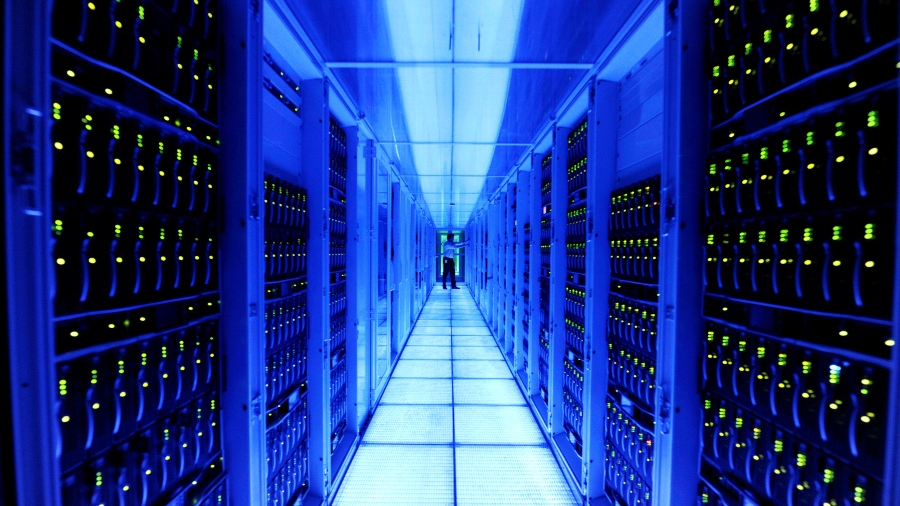Data centers are accounting for more and more electricity - and that's becoming major issue for firms and governments alike
We’ll add the equivalent of another country by 2026

A new report by the International Energy Agency (IEA) has projected global electricity demand from data centers could double by 2026.
The increase in energy demand would effectively equate to another Germany or Sweden, says the IEA, highlighting the immense scale of the problem that continues to grow as consumers and businesses turn to more digital solutions.
The surge is attributed to cryptocurrency mining and artificial intelligence, two sectors that are not only expected to grow over the next few years, but have already earned themselves reputations as being exceptionally power-hungry.
Data center energy demand
According to the IEA estimates, demand in 2026 could reach as high as 1,050 TWh, adding as much as 590 TWh of demand to grids globally, or the equivalent of some major European countries.
The Agency says that one-third (33%) of the world’s data centers are located in the US. A further 16% are in Europe, and 10% are situated in China. Looking ahead, the IEA reckons that China’s demand could outpace that of the US, reaching 300 TWh by 2026 and 400 TWh by 2030.
Europe’s demand is also expected to grow, with many of its largest centers located in key cities like Amsterdam, Dublin, Frankfurt, London, and Paris.
Almost one-fifth (17%) of Ireland’s energy demand in 2022 was attributed to its data centers, and that figure could soon climb to one-third (32%) by the time 2026 comes around.
Are you a pro? Subscribe to our newsletter
Sign up to the TechRadar Pro newsletter to get all the top news, opinion, features and guidance your business needs to succeed!
A lot of work has been done to make data centers more sustainable, including more efficient hardware and components, however increasing demand from consumers and businesses for cloud services will continue to drive up data centers’ energy consumption.
Despite the clear challenges, the IEA remains positive about the role of renewable energies in meeting the growing demand, predicting that green energy could account for around one-third of the world’s demand by next year. Low-carbon sources, including renewables and nuclear, could account for nearly half (46%) of the world’s supply by the end of 2026.
IEA executive director Fatih Birol said: “...it’s encouraging that the rapid growth of renewables and a steady expansion of nuclear power are together on course to match all the increase in global electricity demand over the next three years.”
Via The Register
More from TechRadar Pro
- Check out the best cloud hosting providers
- Google reveals new $1bn UK data center as AI demand soars
- We’ve rounded up the best cloud storage and best cloud backup tools
With several years’ experience freelancing in tech and automotive circles, Craig’s specific interests lie in technology that is designed to better our lives, including AI and ML, productivity aids, and smart fitness. He is also passionate about cars and the decarbonisation of personal transportation. As an avid bargain-hunter, you can be sure that any deal Craig finds is top value!
